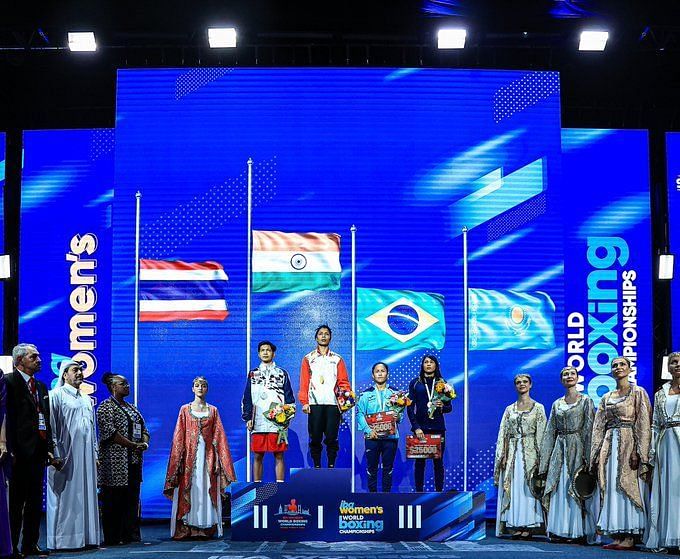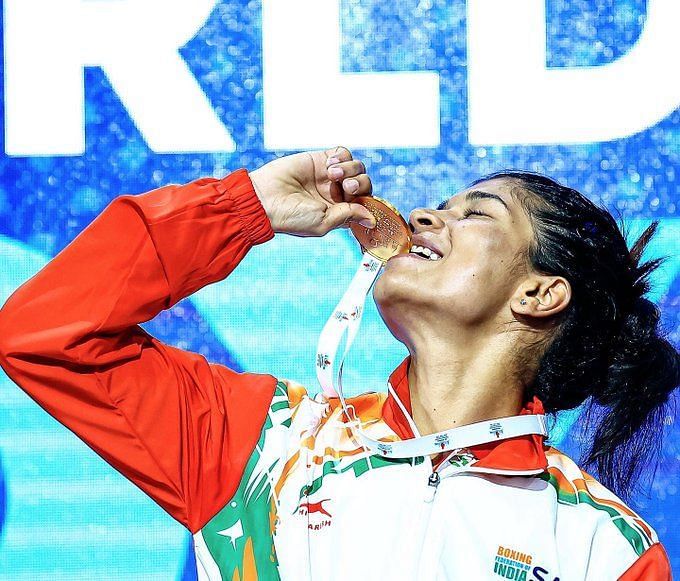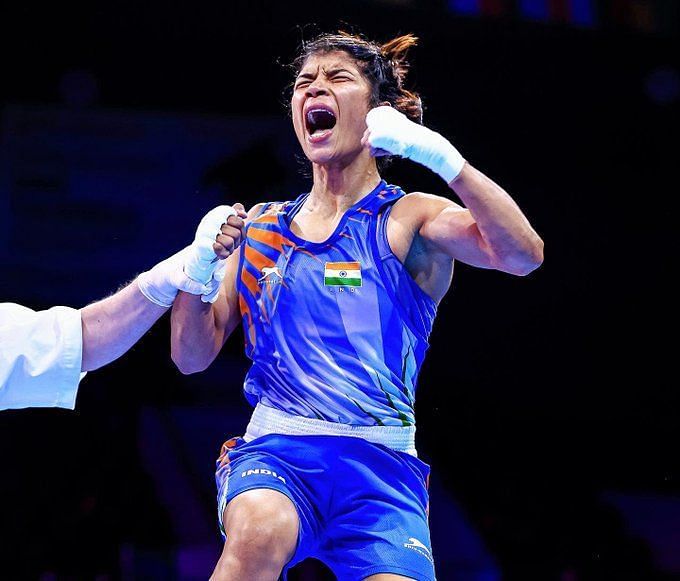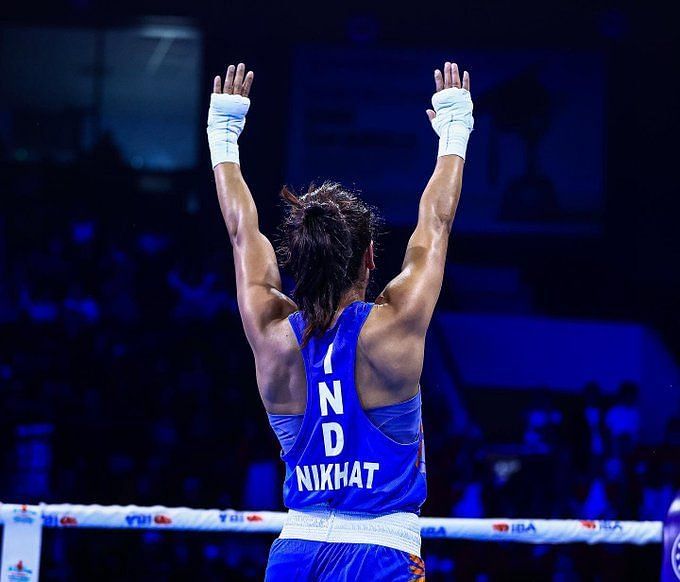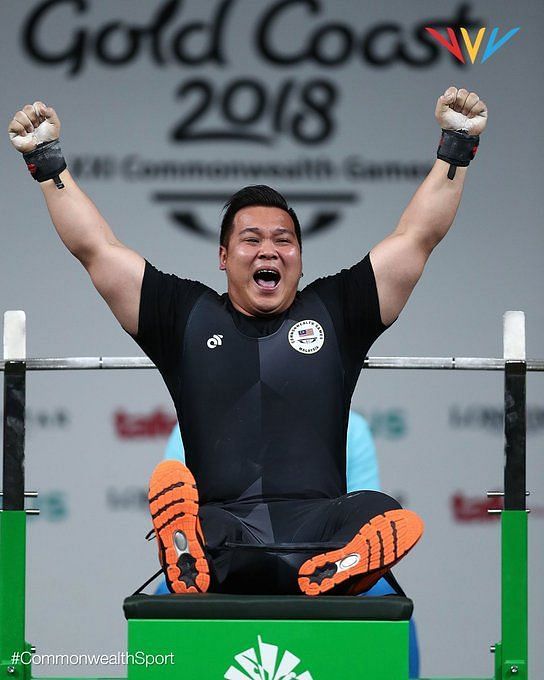
Countdown to 2022 Commonwealth Games: Does India gain from participation?

The fall from grace of the Commonwealth Games is a poorly kept secret. Far from being the pinnacle of sport, the quadrennial event has been reduced to an unwanted stepchild for some sports - with Hockey India openly prioritizing the more lucrative and meaningful Asian Games.
Before the postponement of the latter, the federation had to be persuaded by the government to send a second-string team. While the postponement of the Asian Games might revive hockey’s interest in Commonwealth Games, the larger question remains - has Indian sport moved past the need for the event?
For starters, it must be said that even having this conversation is indicative of the great strides we’ve made across sports, especially after hosting the 2010 edition of the Commonwealth Games in Delhi.
From recent World Championship medals in boxing (courtesy of the likes of Nikhat Zareen) to an upset of the odds at the Thomas Cup, more and more Indians are proving competitive on the international stage. What merit would they, or even Olympic medalist wrestlers like Ravi Dahiya or Bajrang Punia, gain competing against a (relatively) uncompetitive field?
There are two broad schools of thought to consider - the individual athlete agency and organisational body overview.
The athlete agency would view this conundrum through individual lens. Winning and representing the country is always a source of pride and, more cynically, a source of financial reward in sports otherwise plagued by a distinct lack of commercialization.
Gold medalist athletes from Haryana, for example, were awarded an eye-watering Rs 1 crore for their efforts at the 2018 Commonwealth Games. Denying India’s finest access to these rewards could be viewed as unfair practice - almost as if they’re being punished for being too good. Ultimately, quadrennial opportunities to earn otherwise inaccessible sums of money should not be denied by overarching sports bodies.
For organisational bodies (like the aforementioned hockey federation), however, the Commonwealth Games can serve as an unwelcome distraction on the calendar. The event would have found itself separated from the Asian Games, had it not been postponed, by only a few weeks, putting forward a dilemma, especially for sports that use the Asiad as a qualifier for the Olympics.
An extraordinary amount of time, money, and effort are poured into planning athletes’ schedules to ensure that they peak at the right time. With two marquee events close to each other, peaking at both poses a significant challenge. Moreover, entering two high-intensity events without much in the way of a break also increases the risk of injuries.
It is here that the individual and the sports body may clash - denying athletes the opportunity to medal and prosper in lieu of a perceived ‘greater good’ erodes their agency. Why should someone like Bajrang Punia sit out the easier Commonwealth Games (on paper, at least) and focus on the much tougher challenge posed by central and east Asian nations at the Asiad.
The idea is not that Indian athletes shy away from tough challenges, it’s simply that two back-to-back events may put their minds and bodies under undue and unnecessary pressure.
Indian youngsters can profit from exposure to Commonwealth Games
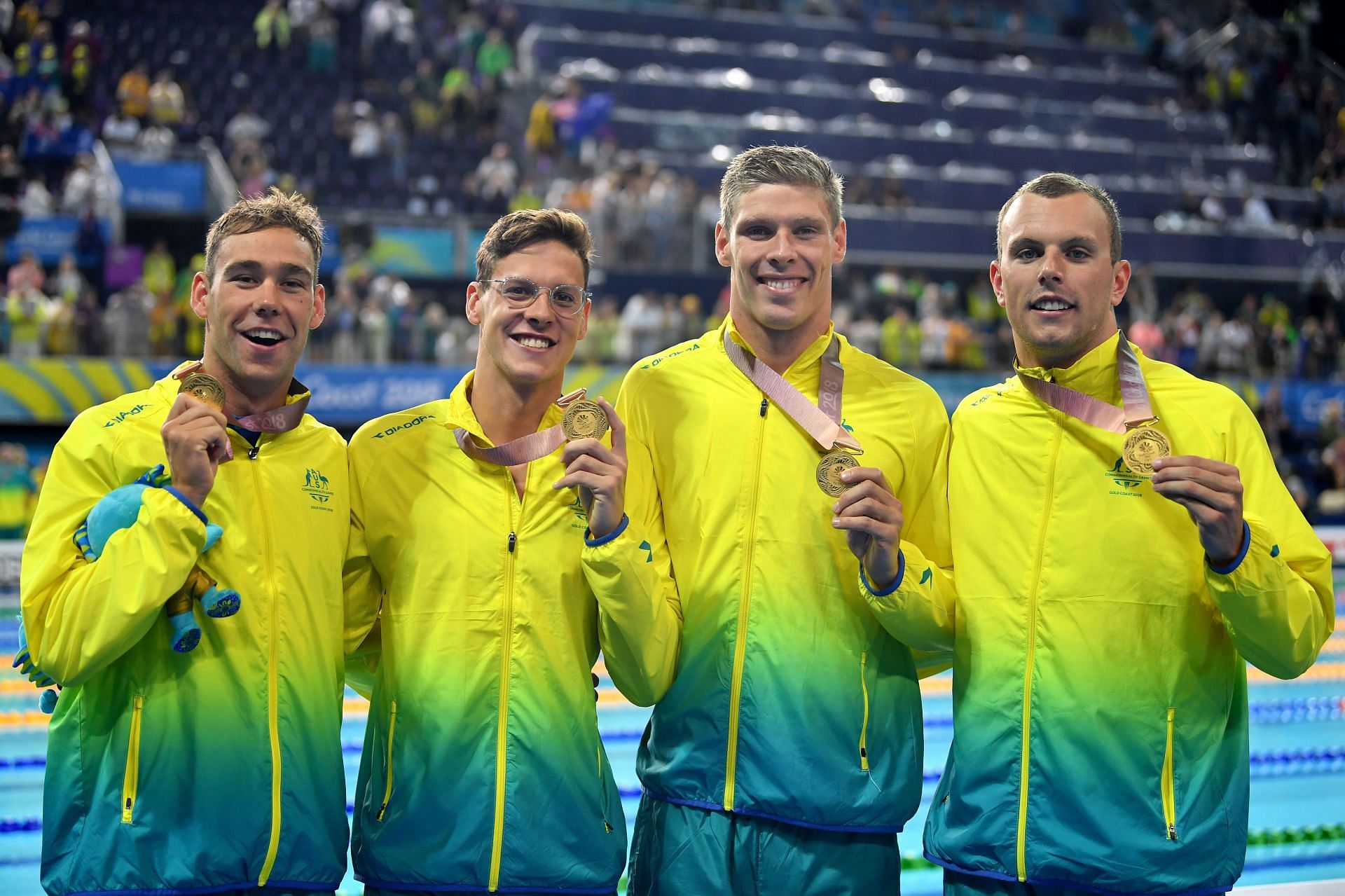
Thus far, this piece has focused on sports where the Asiad is viewed as more competitive. But that isn’t a universal truth across various playing fields. Athletics and swimming are two categories where British, Jamaican, and Australian presence at the Commonwealth Games make the field tougher. Despite the Asian giants closing the gap, the level of competition is not quite the same. So, wouldn't it make sense for India’s finest swimmers to prioritise facing tougher competition?
The answer, unfortunately, is that there is no straight answer. Australia, Britain and even Canada do often rest their star athletes, with their respective strength in depth ensuring that this doesn’t impact their medal tally at the games.
This provides an interesting middle ground for sports bodies. Should they pick and choose athletes based on medal prospects or keep the bigger picture in mind? India plan on sending a young hockey team to Birmingham, with a spot at the 2024 Paris Olympics up for grabs at the Asiad. It might still impact our medal prospects. However, it does also ensure that our youngsters are exposed to senior competition at a young age.
Despite the significant strides we’ve made as a sporting nation, I do believe there’s still a long way to go. In my opinion, we don’t enjoy the depth that, say, Jamaica holds in sprinting, where Usain Bolt could forego participation in individual events and the country still came away with 100m and 200m gold at the 2014 Glasgow Commonwealth Games or where they enjoyed a 1-2-3 in the Women’s 100m at the Tokyo Olympics. Further, given that our strides forward are relatively recent, I think there remains a need to build a culture of winning.
Herein, the Commonwealth Games, even with somewhat depleted fields, presents an opportunity for athletes to build confidence ahead of bigger challenges that lie ahead. It can serve as a catalyst for our women and men to face pressure as the eyes of the nation are on them and come away with gold.
I disagree with the notion that the Commonwealth Games are ‘beneath’ our sporting fraternity. Instead, I think we still stand to gain from it - particularly as it’s one of the rare occasions where the country comes together to watch sports that don’t usually capture the attention of the wider population.
